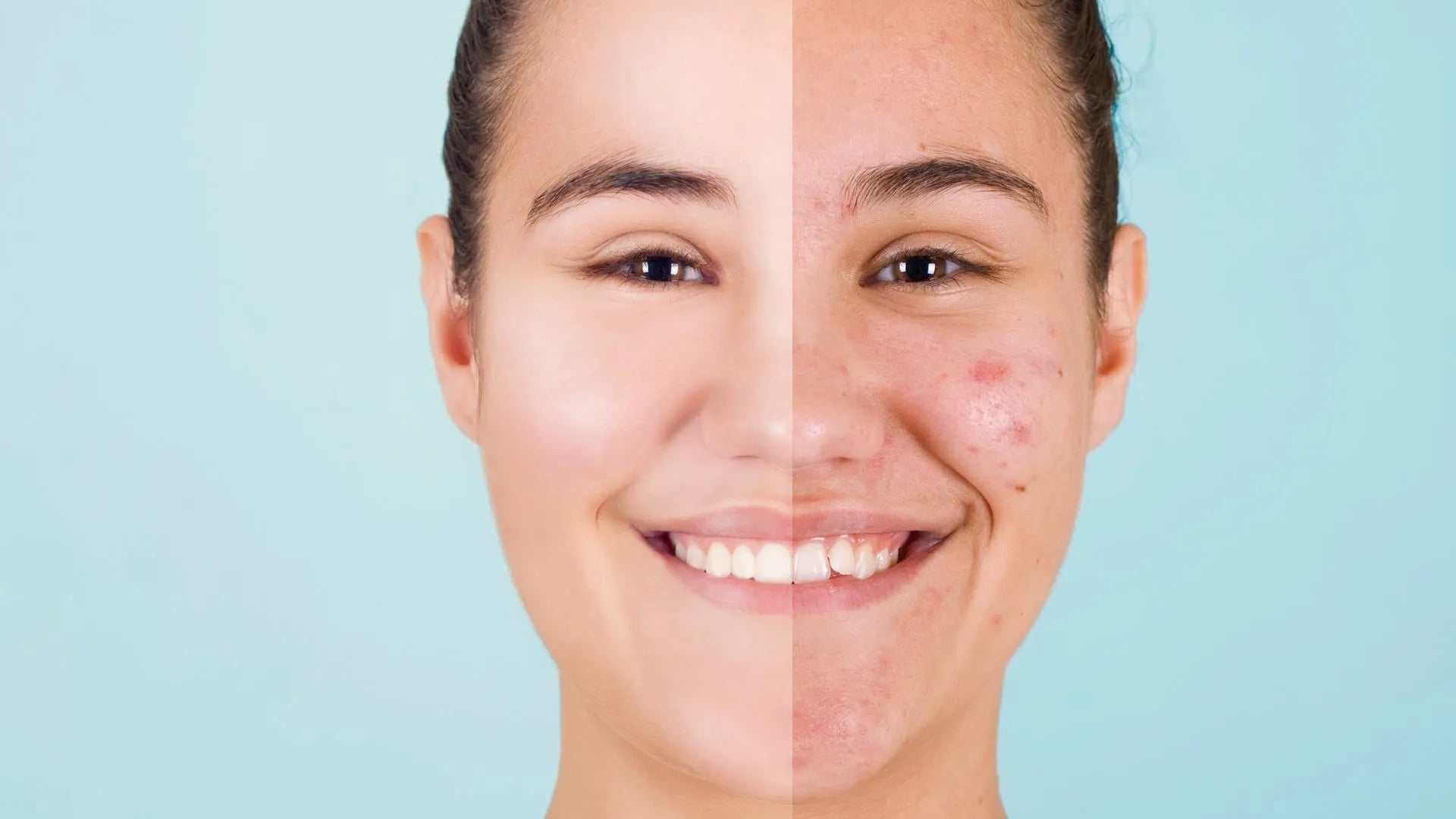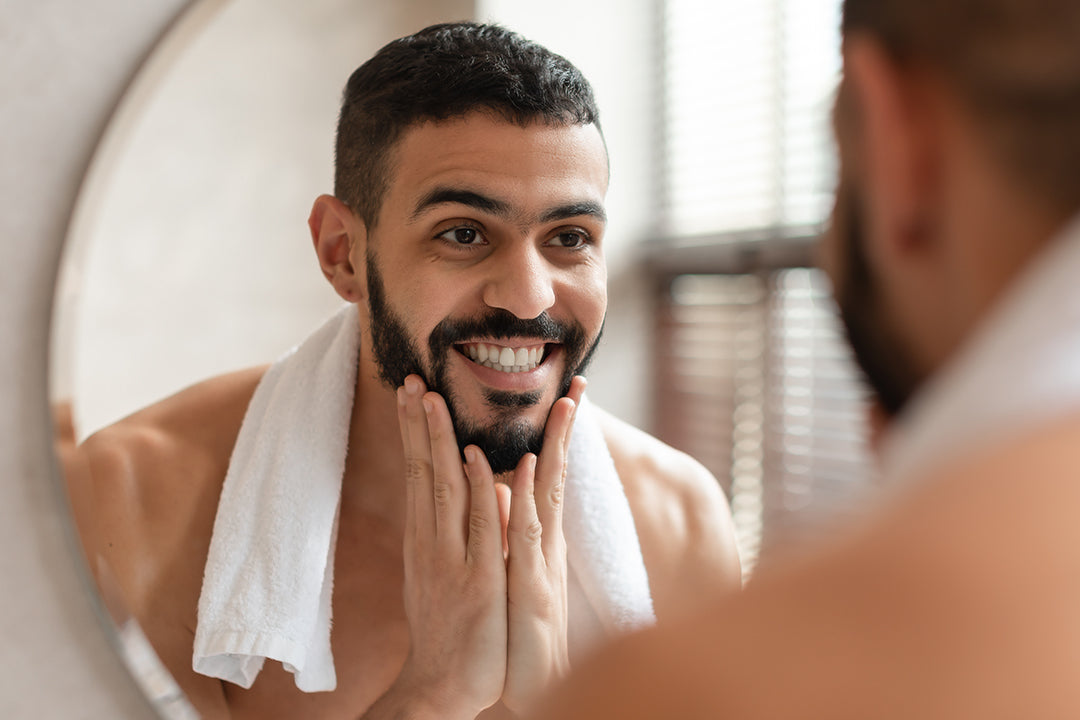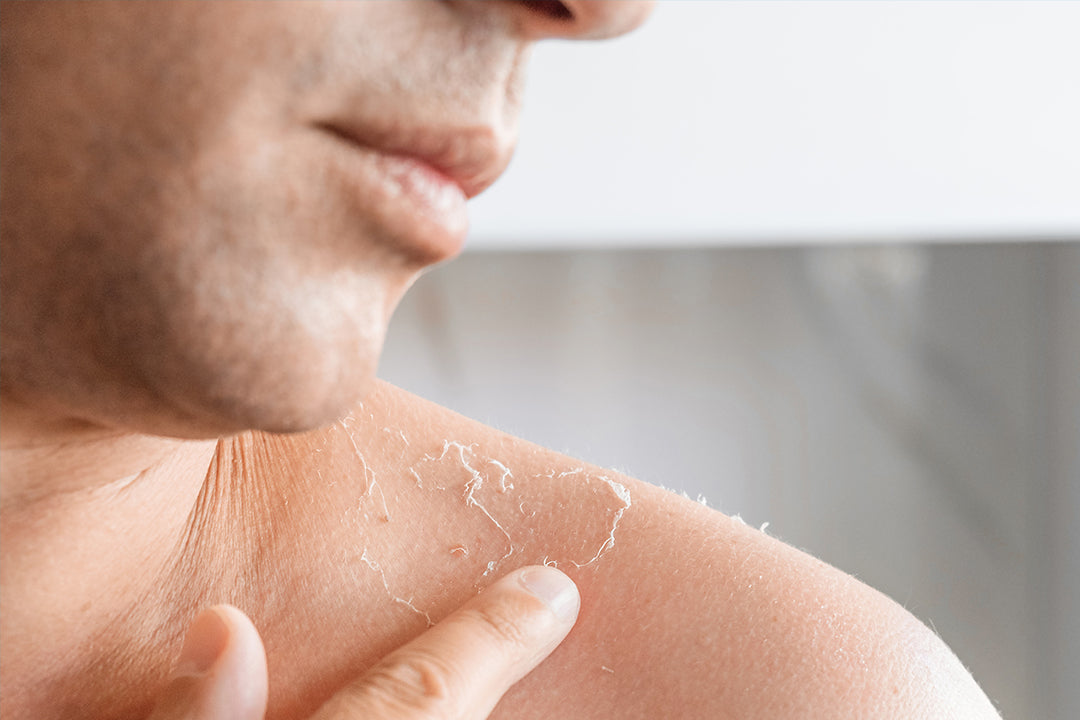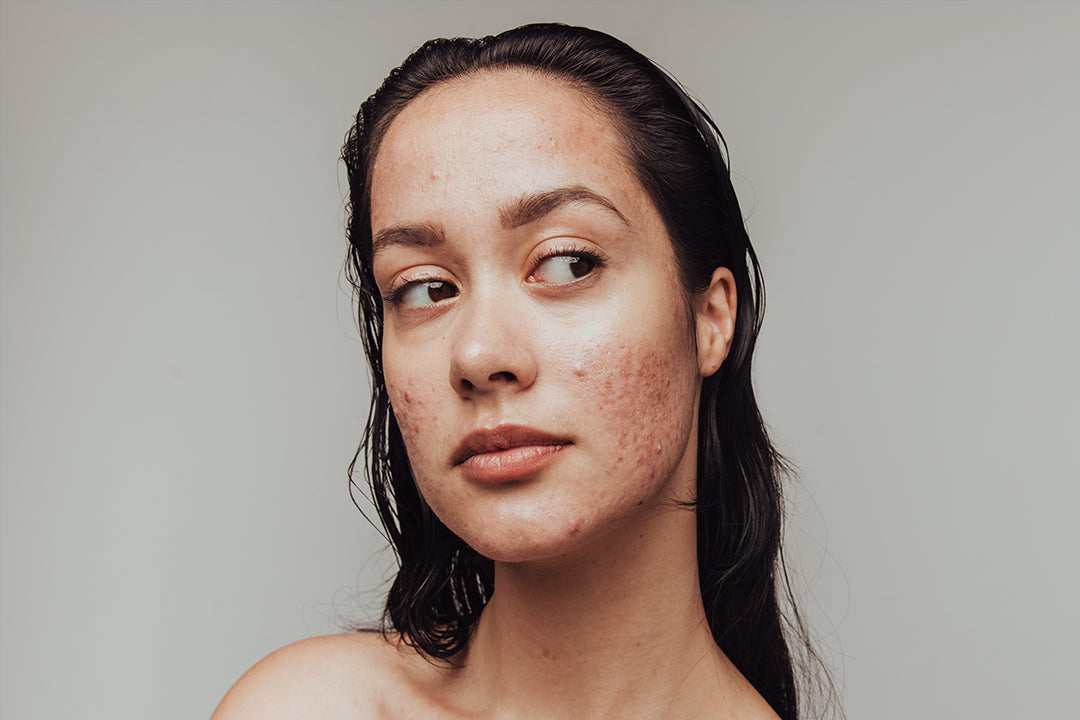Hard water is a common issue that affects many households. While it may seem harmless, hard water can actually have negative effects on your skin. In this blog post, we will explore the signs of hard water on hair and skin, how hard water affects your skin, and ways to protect your skin from its damaging effects.
Signs of Hard Water on Hair and Skin
If you suspect that you have hard water, there are several signs to look out for on your hair and skin. These signs can include:
- Scalp dryness
- Hair follicle issues
- Hair dryness
- Impacted appearance
- Hair damage and loss
- Cleaning problems
These signs indicate that the minerals present in hard water are affecting your hair and skin, causing dryness, damage, and other issues.
The Effects of Using Hard Water on Skin
The effects of using hard water on your skin can be quite significant. Some of the common effects include:
- Increased dryness
- Irritation and redness
- Acne flare-ups
- Worsening of eczema and psoriasis
- Uneven skin tone
- Premature aging
These effects can be frustrating and can significantly impact the health and appearance of your skin.
How to Protect Your Skin From Hard Water?
Fortunately, there are several ways to protect your skin from the damaging effects of hard water:
- Use a water softener: Installing a water softener in your home can help remove the minerals that cause hard water. This will help prevent the negative effects on your skin.
- Use a gentle cleanser: Opt for gentle cleansers that are specifically formulated for sensitive skin. Avoid harsh soaps that can further strip away the natural oils on your skin.
- Moisturize regularly: Moisturizing is key to keeping your skin hydrated and protected. Look for moisturizers that are rich in hydrating ingredients like hyaluronic acid and ceramides.
- Protect your skin from the sun: Hard water can make your skin more vulnerable to the sun's harmful UV rays. Apply a broad-spectrum sunscreen with SPF 30 or higher to protect your skin.
- Consider using a water filter: If installing a water softener is not feasible, using a water filter for your showerhead can help reduce the mineral content in your water.
By following these tips, you can minimize the effects of hard water on your skin and maintain a healthy complexion.
How to Test Water Hardness With Soap?
If you're unsure whether you have hard water, you can perform a simple test using soap. Fill a clear bottle with water and add a few drops of liquid soap. Shake the bottle vigorously for a few seconds. If the water becomes cloudy and doesn't produce much lather, it's an indication of hard water.
Takeaways
Hard water can indeed cause skin problems, but by being aware of the signs and taking preventive measures, you can protect your skin from its damaging effects. Install a water softener, use gentle cleansers, moisturize regularly, protect your skin from the sun, and consider using a water filter. By incorporating these tips into your skincare routine, you can maintain a healthy and radiant complexion.









